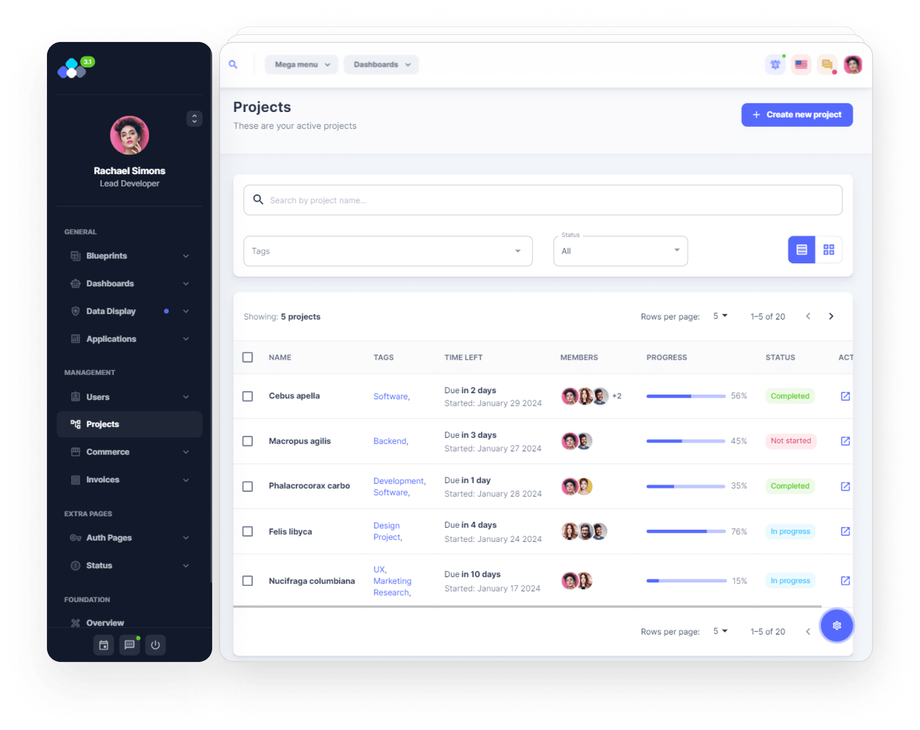Effective communication is the cornerstone of any successful construction project. In a field where timelines, budgets, and the coordination of various stakeholders are critical, having the right contractor communication tools can make all the difference. These tools not only streamline workflows but also foster better collaboration, reduce misunderstandings, and improve overall project efficiency. This article explores some of the most essential communication tools that contractors can leverage to enhance their project management and coordination efforts.
1. Project Management Software
Project management software is a vital tool for contractors, providing a centralized platform for managing all aspects of a project. Tools like Procore, Buildertrend, and CoConstruct offer features such as task assignment, progress tracking, document management, and communication channels. These platforms help ensure that everyone is on the same page, from the project manager to the subcontractors and clients. They also provide real-time updates, allowing teams to quickly adapt to changes and make informed decisions.
2. Instant Messaging and Chat Apps
Instant messaging and chat apps like Slack, Microsoft Teams, and WhatsApp have revolutionized communication in the construction industry. These tools facilitate quick, real-time conversations, making it easy to share updates, ask questions, and resolve issues on the fly. They also support the sharing of files, images, and videos, enabling teams to discuss and review project details more effectively. By reducing the reliance on emails, which can be slower and less organized, these apps help improve response times and collaboration.
3. Video Conferencing Tools
With the increasing need for remote communication, video conferencing tools such as Zoom, Microsoft Teams, and Google Meet have become indispensable. These platforms allow contractors to hold virtual meetings with clients, architects, engineers, and other stakeholders, regardless of their physical location. Video conferencing helps in discussing project progress, reviewing plans, and making decisions without the need for on-site meetings, saving time and travel costs.
4. Document Management Systems
Document management is crucial in construction, where numerous plans, contracts, and permits need to be accessible and up-to-date. Tools like Dropbox, Google Drive, and SharePoint provide secure storage and easy access to these documents. They also offer version control, ensuring that all team members are working from the latest documents. With the ability to share and collaborate on files in real-time, these systems streamline the document review and approval process.
5. Mobile Apps for On-Site Communication
Mobile apps designed specifically for on-site communication, such as Fieldwire and PlanGrid, enable contractors to stay connected with their teams, even when they are away from the office. These apps provide features like plan viewing, punch list creation, and task management, all accessible from a smartphone or tablet. This mobility ensures that field workers have access to the information they need to perform their tasks accurately and efficiently.
6. Client Communication Tools
Keeping clients informed and engaged is crucial for a successful project. Client communication tools like Buildertrend and CoConstruct offer portals where clients can view project updates, schedules, and financial information. These platforms facilitate transparent communication, allowing clients to ask questions, provide feedback, and approve changes. By involving clients in the process, contractors can build trust and ensure that the project meets their expectations.
Conclusion
In the fast-paced construction industry, effective communication is key to delivering successful projects. By leveraging modern contractor communication tools, contractors can streamline their workflows, improve collaboration, and enhance project outcomes. Whether it's through project management software, instant messaging apps, video conferencing, or mobile tools, these technologies provide the infrastructure needed to keep teams connected and projects on track. As the industry continues to evolve, staying up-to-date with the latest communication tools will be essential for contractors looking to maintain a competitive edge.
For More Info:
Contractor Communication Tools
Construction Site Coordination Software





Comments